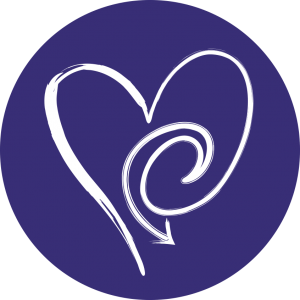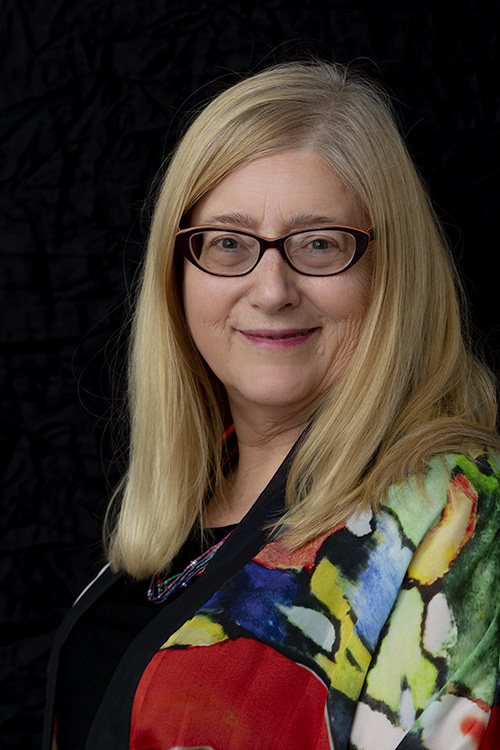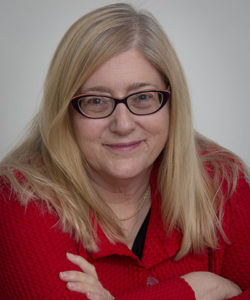Ubuntu – I Am Because We Are
After six months of pandemic, it’s clear that this strange time exacerbates fear and brings out the human tendency to distance ourselves, to label one another as “Other”. It is easy to see when a group I belong to is labeled Other. When the health risks to older people are minimized, as in, “The deaths of older people don’t count because they would have died soon anyway.” Or this: “If supplies are scarce, treat the young, treat the able bodied.” As a white woman, I’m also troubled by blanket statements about how white women vote, as if we were all a homogeneous group joined at the hip (or the brain).
This week I got a message from the president of my alma mater, a small liberal arts college with one of the largest endowments of any college in the country. The subject was “Difficult News.” Due to the pandemic, revenues have fallen substantially, and the college trustees have decided to furlough staff to cover part of the budget shortfall. No furloughs or even salary cuts for administrators, nor for professors. The president of the college claimed this action was in keeping with our “core values.” What core values, I wondered, would lead an institution with a nearly two-billion-dollar endowment to cut off the income of (largely non-white) staff while leaving the salaries of (largely white) professors and administrators untouched? What could drive such a decision except fear? And fear is not a core value.
As I wrote to the college president disagreeing with this decision, and encouraged fellow alums to do the same, I thought about our true core values as individuals, as families and as a nation: How easily – often inadvertently – we stray from them in times of stress and how to recognize that and reset, realign and move toward the path of justice.
And I get out my teaspoon and start to paddle, trying to turn the ocean liner, writing erotica and encouraging other older women to do the same. It’s a way to confront the ageism and sexism that exists – heightened in this strange year; one small piece in the vast puzzle of how to change American society for the better. But how to solve the whole puzzle? How to knit the pieces together and create a better life for everyone?
Meanwhile there are forces pulling us apart along many fault lines besides age and gender. The protests about police violence against people of color have been met with violence by a few protesters and by loosely organized militias. Fringe elements in our society are getting a lot of press these days, as they should. Cults that advocate violence and manipulate gullible members to believe outlandish conspiracy theories constitute a clear and present danger. I struggle, as many of us do, with how to reach friends who are falling down those rabbit holes. How much energy to put there, versus encouraging those who retain their critical faculties to vote? I spend a lot of time these days on canvas calls to encourage people to vote this November.
This brings us back to the question of core values, and what they really are. What shared principles can vast numbers of Americans agree upon, that will bring us together and point toward justice? Because, in the words of Dr. Martin Luther King Jr. “the arc of the moral universe is long but it bends toward justice.”
Here is my wish list.
First, the ground we walk on is our sacred trust. We have hurt our planet and it is beginning to hurt us back. If you live in a fire state or a hurricane state, then you already know this. Soon everyone will know it. We are stewards of the earth. When we damage the web of life we damage ourselves. And we all live on the same blue marble, regardless of our differences. And those differences are far less significant than the daily diet of news – from whatever source – would suggest.
Second, we are all part of the same human family. When one of us is ostracized or denied opportunity or hurt physically, we all lose. When we have done wrong to our brothers and sisters, we must do what we can to make it right. As the Jewish people do each year on Yom Kippur, we need to ask forgiveness and begin again in love.
Third, we all want and deserve the same things: freedom, respect, honest work, and help when we need it, whether that means using a public road, a public school, or access to healthcare.
When times are tough, we need to go back to our principles, both individual and shared, instead of acting in fear. When we evaluate public officials, when we decide whom to vote for, we need to look at how they embody these human values – and how they encourage and help all of us in society to be our best selves.
None of this is new. Religions and philosophies differ in the details, but most come back to the same human principles. If our actions begin in our principles, and if we expect the same from our leaders (whether they are leaders of institutions like my old school or leaders in government), we will make good choices in the key months and years ahead – and translate those choices into a more relevant and meaningful world for our children and grandchildren.
Humanity is a quality we owe to each other as As Michael Onyebuchi Eze describes below.
Ultimately we must find a way to reach the folks who have become cultists, because they are our brothers and sisters too. But for now, the more we focus on the basics, the more we can find common ground with people of good will.
According to Michael Onyebuchi Eze, ubuntu can best be summarized as follows:
‘A person is a person through other people’ strikes an affirmation of one’s humanity through recognition of an ‘other’ in his or her uniqueness and difference. It is a demand for a creative intersubjective formation in which the ‘other’ becomes a mirror (but only a mirror) for my subjectivity. This idealism suggests to us that humanity is not embedded in my person solely as an individual; my humanity is co-substantively bestowed upon the other and me. Humanity is a quality we owe to each other. We create each other and need to sustain this otherness creation. And if we belong to each other, we participate in our creations: we are because you are, and since you are, definitely I am. The ‘I am’ is not a rigid subject, but a dynamic self-constitution dependent on this otherness creation of relation and distance.[10]


